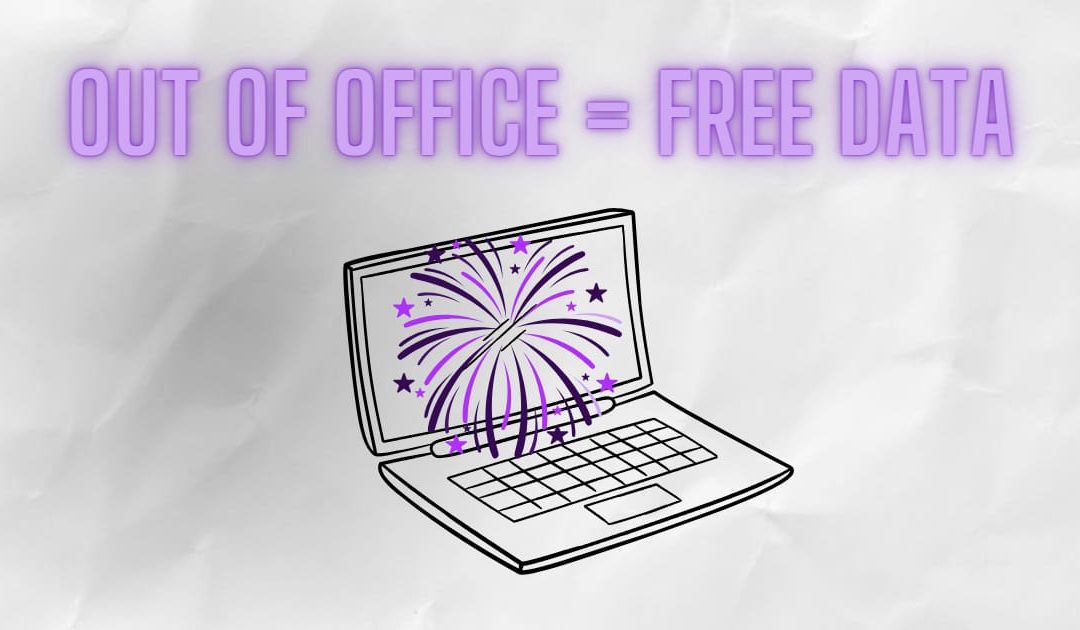It’s time for Bits & Bytes…
… where we bring you news, innovations, and thought-provoking insights from AI, IT, and beyond. In this week’s newsletter we’re looking at:
What do OpenAI and Miami have in common?
Amazon’s office mandate could lead to mass exodus
Meta fined $101M for storing passwords in plain text
IN THE SPOTLIGHT
🗞️ OpenAI Needs City-Sized Power for Data Centers
OpenAI’s latest big idea? Building data centers that guzzle down 5 gigawatts of power each. For context, that’s the kind of energy you need to run an entire city like Miami. Yep, you read that right—just one data center. Now multiply that by seven because that’s reportedly what CEO Sam Altman has in mind.
Two weeks ago, Altman met with the Biden administration to chat about infrastructure. Since then, it’s come out that OpenAI wants the government to help fast-track the construction of these mega-data centers. But experts are calling this idea… optimistic at best. Powering one of these facilities would take the same juice as five nuclear reactors. No wonder a Japanese official reportedly laughed when they heard the proposal.
AI isn’t cheap, and OpenAI is dead set on leading the charge in generative AI. That means more computing power, and a lot more energy. According to Bloomberg, these new data centers would house around 2 million AI chips each.
Joe Dominguez, the CEO of Constellation Energy, flat out said this week that, “it’s not possible,” at least not on the kind of timeline OpenAI is hoping for. One analyst pointed out that powering seven of these centers would chew up more than 1% of global electricity. That’s more than New York State uses in a year—just for AI.
Sure, power companies have some spare capacity, but do they have an entire Miami’s worth just lying around? Not really. And don’t forget—AI data centers run 24/7, unlike the rest of us who occasionally switch off a light. Meanwhile, places like Virginia and Arizona are already pushing back against new data centers, citing concerns about grid strain and water use (you gotta keep all those chips cool somehow).
TL;DR
OpenAI wants data centers that will need as much power as cities, but experts doubt it’s possible.
Each center requires 5 gigawatts, which is over 1% of global electricity for all seven.
Energy demand and grid limitations may block OpenAI’s ambitious AI goals.
TECH HEADLINES FROM ACROSS THE WEB
🚪 Amazon’s Office Mandate Backfires
Amazon’s push for five days in the office isn’t going over well—73% of employees are eyeing the exits. The upcoming 2025 policy has sparked frustration across online communities, with workers fearing a subtle push to shrink headcount. Morale? Not great.
💔 Love Hurts
Love hurts when it’s a scam—66% of respondents to a Malwarebytes survey revealed they had been targeted by online con artists. Of those, 10% lost more than $10K, and some saw losses over $100K. Even worse, 94% of victims never got their money back, and many don’t report it out of shame. With romance scams causing over $1 billion in losses last year, this issue isn’t going away anytime soon.
⚖️ Meta Fined $101M
Meta has been slapped with a $101M fine for storing up to 600 million Facebook and Instagram passwords in plain text. Some of these passwords had been sitting unprotected since 2012, searchable by over 20,000 Meta employees. The breach was only discovered in 2019, violating GDPR rules for delayed reporting and inadequate security. Despite the severity, many are questioning if a $101M fine is enough to get Meta to take security seriously.
TECH FOR GOOD
AI is now helping coal miners stay ahead of disaster by predicting gas-related incidents up to 30 minutes before they strike. A new study compared 10 machine learning algorithms and found that methods like Linear Regression and Random Forest are the best at spotting methane gas anomalies that could lead to explosions. With nearly 60% of coal mine accidents in China caused by methane, this tech could be a game-changer for worker safety, cutting down on both lives lost and financial hits.
And it’s not just for coal mines—this AI-powered prediction tool could be used across industries like aerospace, oil and gas, and agriculture. It’s another example of how AI could be making dangerous jobs a whole lot safer.
Interested in contributing a story to next week’s tech newsletter? Hit us up and let’s collab 💥
The post This Week in Tech: AI Boom Could Strain Energy Grid, Massive Data Breach at Meta, and Romance Scams 👾 appeared first on ChannelBytes.







